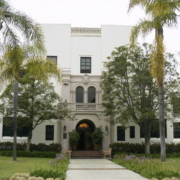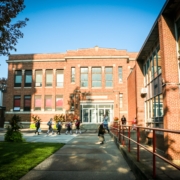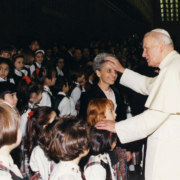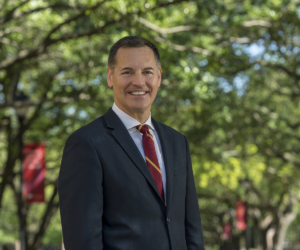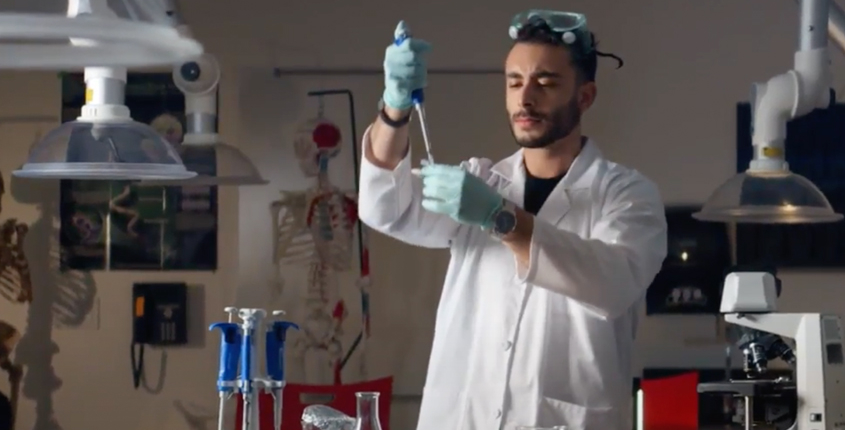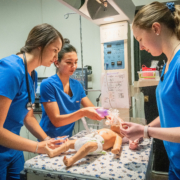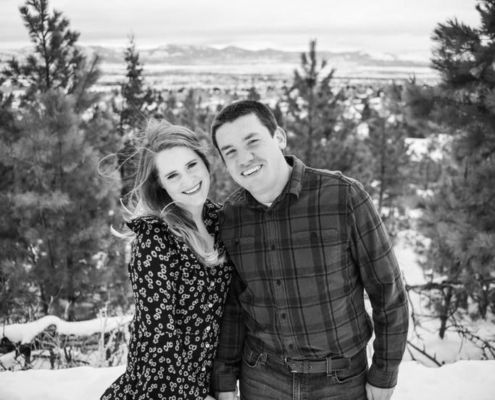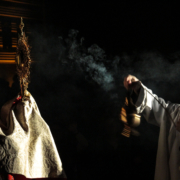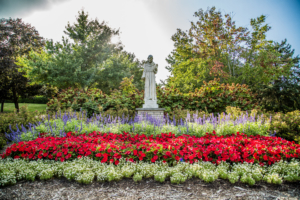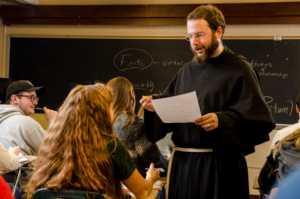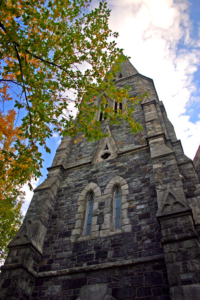Down to the Buzzer, Religious Colleges Score with NCAA
Here’s some great news, just in time for the holy feast of Christmas: At the last moment before approving its new revised constitution, the governing board of the National Collegiate Athletic Association (NCAA) added broad protection for Catholic and other religious colleges to continue participating in the college association.
The NCAA constitution still needs to be ratified by the membership on Jan. 20, but the draft they will be considering is much improved.
Just last week, with the desperate hope that sunlight might help disinfect the NCAA’s diseased constitutional revision process, I went public at the National Catholic Register with concerns raised by faithful Catholic and other Christian colleges. They have been struggling valiantly to defend against an earlier amendment to the NCAA constitution that seemed intended to push out religious colleges with traditional (i.e., truthful and rational) views of sexuality and gender.
By adding deliberately pointed language to its constitution — that colleges must “comply with federal and state laws and local ordinances, including respect to gender equity, diversity and inclusion” — the NCAA appeared to be stacking the deck against religious colleges, at least those colleges that have remained faithful to Christian tradition and have refused to violate the integrity of women’s sports and the sanctity of marriage and sexuality.
This was the result of lobbying by activists including the anti-Catholic Human Rights Campaign, which last month sent a letter to NCAA governors complaining that drafts of the constitution did not explicitly embrace gender ideology. Although the HRC complained about a few state and local laws that prevent biological men from competing in women’s sports, drafters of the NCAA constitution cleverly latched onto the much more extensive push by many states, counties, cities, and even the federal government to force gender ideology on schools and colleges.
Such efforts, of course, violate the First Amendment’s Free Exercise Clause if they interfere with religious colleges’ ability to conform to their religious beliefs, and colleges are likely to prevail in court when they contest violations of their religious freedom. Nevertheless, last week’s draft of the NCAA constitution could have allowed the association to ban Catholic colleges from participation even while they fight in court to preserve their mission.
“The Catholic attempt to use sport toward the integral formation of the human person and to give praise and honor to the Creator is subverted by competing ideologies in the common culture, especially gender ideology,” warns the Cardinal Newman Society’s standards for athletics policies at Catholic schools and colleges. “The issue is bigger than just about sexual politics; Catholic educators must resist gender theories that aim to annihilate the concept of nature and our understanding of who we are and how we exist in the world.”
Faithful Newman Guide colleges including Benedictine College, The Catholic University of America, the University of Mary and Walsh University joined many other religious colleges in urging the NCAA to add another provision to its constitution, ensuring their rights to uphold their religious missions. The effort succeeded, just as the NCAA governors approved the final constitution.
The proposed language from the Council of Christian Colleges and Universities said, “Consistent with the principles of institutional control, nothing herein should be construed to restrict or limit private religious institutions from adopting or maintaining policies consistent with their legal rights as private religious institutions.”
No one in the NCAA should have had a problem with that language. But the “woke” agenda prevented its inclusion in the final draft constitution that was presented to the NCAA governors last week, before the governors apparently decided that losing Catholic colleges as members would be a harmful to the association and patently unfair to religious institutions.
In a surprising and exciting turnaround, the constitution approved by the governors on Thurs., Dec. 16, is very similar to what the religious colleges wanted and should be helpful in protecting their distinctive missions. It includes the language: “Consistent with the principle of institutional control, no provision in this Constitution should be construed to restrict or limit colleges and universities, public or private, from adopting or maintaining missions and policies consistent with their legal rights or obligations as institutions of high learning.”
Deo gratias! We shall see whether the constitution is approved on Jan. 20. But already religious colleges have taken an important step forward, and by their witness they have shown the importance of never giving in to the worst elements of our culture. Faithful Catholic education is worth fighting for, and it was the smaller but most faithful colleges that helped achieve this valuable protection.
This article first appeared at the National Catholic Register.




